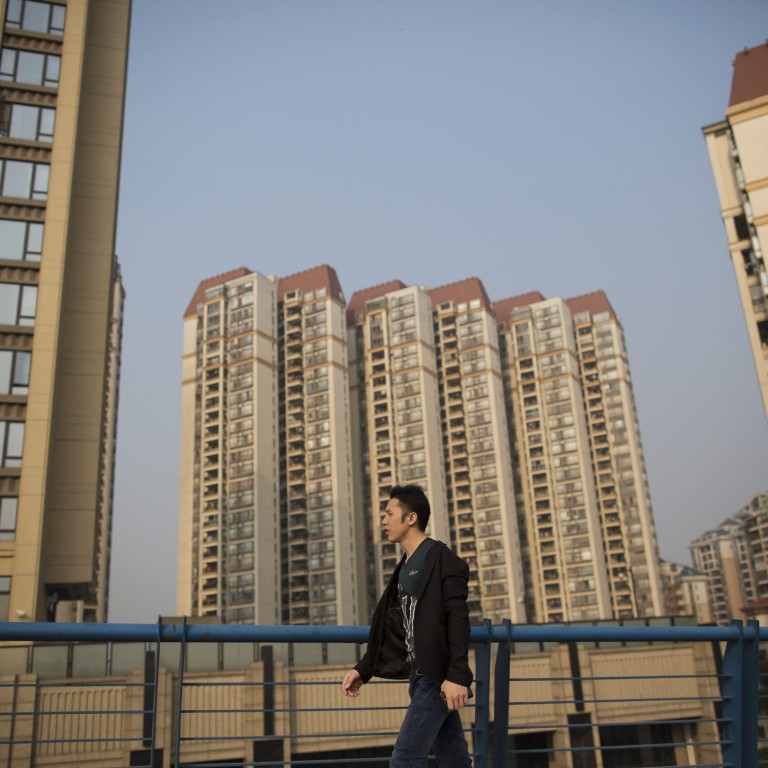
New | Two-thirds of Chinese say home prices are unacceptably high
Central bank's fourth-quarter survey shows a majority dissatisfied with the cost of housing, and many believe it will skyrocket more
Two-thirds of Chinese households think home prices are “unacceptably high” and one-third expect home prices to climb even higher in the next three months, according to a central bank survey released on Thursday.
The People’s Bank of China’s quarterly survey of 20,000 urban savers across 50 cities came on the heels of the latest data from the National Bureau of Statistics (NBS), which showed that China’s housing inflation accelerated in November despite fresh measures taken in recent months by more than a dozen cities.
The fourth-quarter survey showed 66.5 per cent of respondents regarded China’s current home prices as “unacceptably high”, down from a ratio of 67.6 per cent in the third quarter, the central bank said. Only 2.4 per cent were happy with the current home price levels.
Breaking the figures down by city, it said 73.8 per cent in Beijing, Shanghai, Guangzhou and Shenzhen considered home prices as too high. Their view was shared by 61.8 per cent from tier-2 cities, including provincial capitals Hangzhou and Nanjing.
These figures were a slight decrease from three months ago, where 76 per cent in the tier-1 cities and 64.9 per cent in tier-2 ones said home prices were expensive.
"The high home price pressure felt by urban residents in tier-1 and tier-2 cities has moderated,” the central bank said.
As for broad consumer prices, 61.6 per cent in the latest survey complained that prices were “unacceptably high”, up from 59.8 per cent three months ago.
China’s top-tier cities have rolled out fresh tightening measures in the last three months to contain housing inflation by raising deposit requirements, making it harder for non-locals to buy homes and stepping up restrictions on local residents’ multiple home purchases.
The authorities have meanwhile been unveiling a slew of reforms in the pipeline to cut local governments’ reliance on land sale proceeds and increase the supply of affordable homes.
Spying a price rise
The high home price pressure felt by urban residents in tier-1 and tier-2 cities has moderated
The central bank’s survey showed that 32.5 per cent of respondents predicted home prices would rise in the next quarter, while only 7.5 per cent expected it would fall.
Although only 13.2 per cent said they planned to buy a home in the next three months, “unchanged from the previous quarter and a relatively low reading since 1999”, the central bank said, property investment remained the No 2 most favoured investment option, second only to mutual funds and wealth management products.
Home prices surged more than 10 per cent in 26 of the 70 cities monitored by the NBS in November from a year ago. Prices in Shanghai rose the fastest among all cities at an annual pace of 21.9 per cent last month, followed by an increase of 21.1 per cent in Beijing.
Two parallel surveys on entrepreneurs and bankers showed they had become more confident about the Chinese economy than the last quarter.
However, an index measuring companies’ export orders in the survey fell to 48.7 in the fourth quarter from three months ago, although domestic orders improved. Another index gauging the demand for loans edged down to 74.4 from 74.7 in the third quarter.
Most economists expect China, the world’s No 2 economy, to beat the official target for a full-year growth of 7.5 per cent this year, after the pace slowed to a 13-year low of 7.8 per cent last year. In the first three quarters, the economy grew 7.7 per cent from the same period a year ago.

